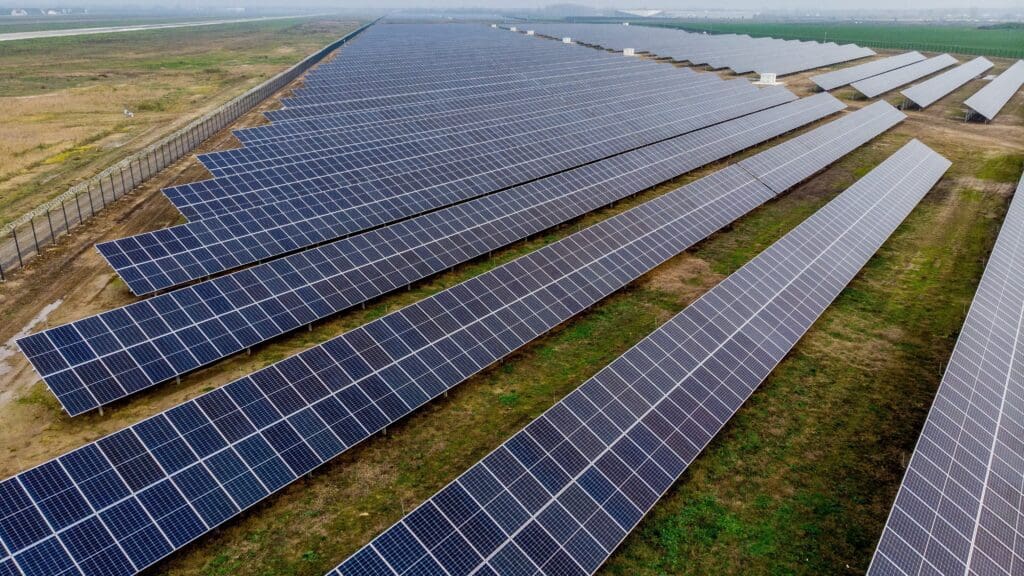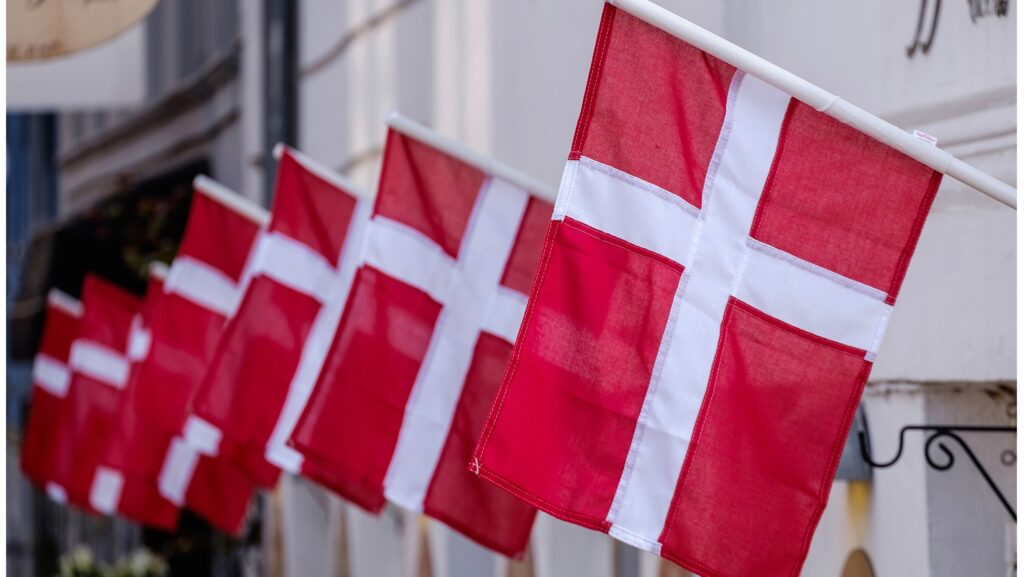According to former President of Hungary János Áder, Kaposvár and Debrecen have reduced their carbon dioxide emissions by over 50 per cent compared to 1990, thanks to investments made in recent years. If they continue on this path, they will meet their commitment made five years ago to reduce their CO2 emissions by 80 per cent by 2050. Áder was speaking on his podcast ‘Kék bolygó’ (Blue Planet) on Monday, where his guests were Károly Szita and László Papp, the mayors of Kaposvár and Debrecen respectively.
János Áder reminded listeners that those who joined the Under2 Coalition pledged to reduce their carbon dioxide emissions by 80 per cent compared to 1990 by 2050. The movement now has 270 members representing about two billion people. Hungarian cities also joined the global coalition in 2018, and on the podcast, János Áder and the two mayors discussed what Kaposvár and Debrecen have achieved in the past five years with regards to their commitments.
Károly Szita explained that in Kaposvár, biogas is obtained from a by-product of sugar production, sugar beet slices. Sugar production requires a lot of energy, which used to be supplied by natural gas, but now they can produce 35 million cubic metres of biogas annually from sugar beet slices. This not only meets the energy needs of the sugar factory, but also heats the city’s swimming pool and propels 40 buses. The government provided four billion forints in subsidies to the sugar factory to carry out the necessary investments.

László Papp talked about the Debrecen sewage treatment plant, which is completely self-sufficient in terms of energy, using biogas. The Debrecen thermal bath uses the energy of thermal water to heat the hotel and the indoor water park. Papp noted that the energy crisis has forced local governments to find unique solutions. For example, in Debrecen, they will use the ‘waste heat’ of a newly installed supercomputer to heat the neighbouring campus’ swimming pool. He noted that the investment is worth 70 million forints and will pay for itself in ‘one and a half seasons.’
János Áder pointed out that ten years ago, these energies were still being wasted, but now they are being utilised, contributing to the reduction of emissions, as exemplified by a 100-megawatt solar power plant built in Kaposvár and a 24-megawatt solar power plant built in Debrecen. Károly Szita noted that the Kaposvár solar power plant meets the annual electricity needs of 55,000 people, almost equal to the number of residents of the town. He emphasised that they had not realised the value they were ‘throwing out the window’ before, but the energy crisis has highlighted the importance of using renewable energy sources.
The mayors also discussed the challenges of switching to renewable energy sources, including the lack of financial resources and technical knowledge, and the difficulties in reaching an agreement between stakeholders. However, they noted that the benefits of reducing carbon emissions, such as a cleaner environment and improved public health, far outweigh the challenges.








